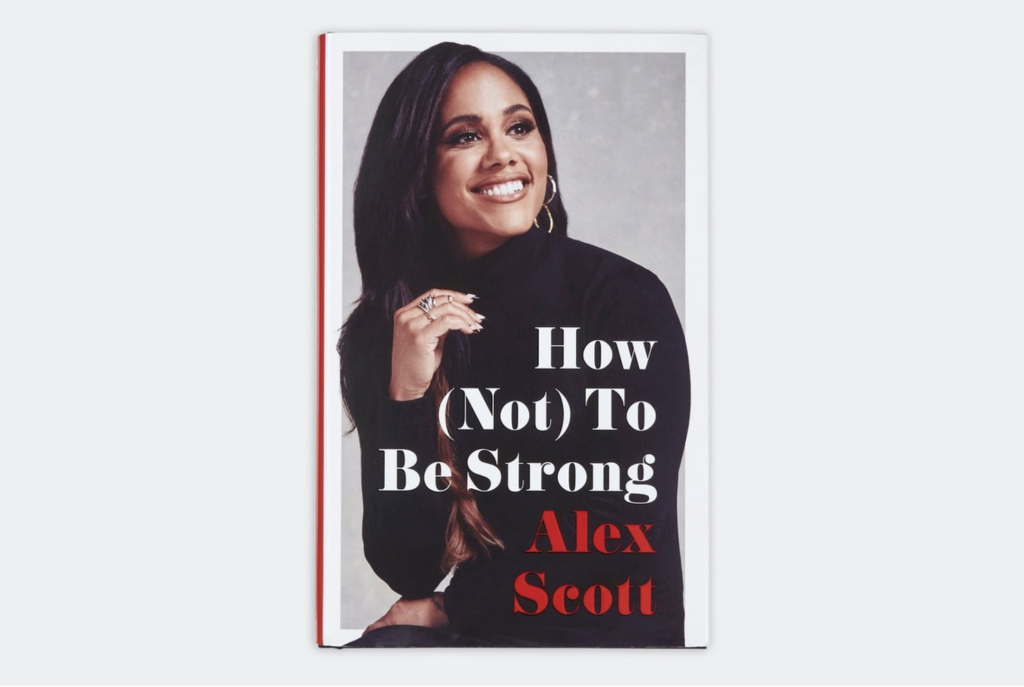
By Beth McCowen
*Content Warning – discussion of domestic abuse*
Now a highly-respected pundit, and ambassador for the domestic abuse charity Refuge, Alex Scott MBE became the best right-back of her time during an illustrious career as a high-level football player. The former Arsenal and England captain’s memoir was published in 2022.
‘How (Not) To Be Strong’ details not only Scott’s football journey, but also the story of her life so far. She may have gone from strength to strength as a player, and then as a broadcaster, but that is not to say it was easy. Scott describes some of the difficulties that came with growing up with a father who was an alcoholic, and became abusive. One part of the book which really struck a chord with me, was when Scott explains that her decision to share this experience with the world, to open up about the trauma she, her Mum, and her brother experienced, was not with the intention of hurting or shaming her Dad, but largely because she wanted to be free from it.
Many people who have been let down by a parental figure will relate to the feeling of guilt when it comes to holding them accountable for the harm they have caused. The complexities of this go even further when addiction is a contributing factor, as Scott discusses in her book. Within these heartbreaking but important conversations, Scott shares that a former partner once gifted her a replica of a mini red skateboard. The well-intended gesture unfortunately serves as a reminder of the mistreatment Scott and her brother went through as young children. This is because, during one of his cruel outbursts, their father made the siblings throw away all of their toys. Little Alex held onto her skateboard as the one thing she couldn’t stand to let go, but when her Dad eventually discovered this, he disposed of it too, leaving her devastated.
This part of the memoir is what made me realise I wanted to write about it for this edition of The Orbital. This toy, a product which should have brought a kid so much joy, instead became a source of heartache which stayed with Scott well into her adult life. This is an entirely different take on the word ‘materialism’ to what most of us would initially associate with it. The impact of this item shows how important human connection with objects can be. It seems the skateboard brought about a sense of loss, as something she had unfairly taken away from her. It was also a reminder of the abuse Scott’s family had endured. These events are recounted candidly by Scott, and her words drew my attention to how our experiences are sometimes tied deeply to objects as well as people. This can make things incredibly complicated when it comes to trauma.
As uplifting and powerful as her book is, there were times where I became quite emotional, and had to put it down. From her first true love, to her transition from player to pundit, Scott bravely shares so much about her life and how she got to where she is today. Some of the experiences she recalls felt a little bit too close to home, as I’m sure they did for many, making it difficult to read at times. It is impossible to capture the gravity of what Scott has achieved through her writing and more widely in so few words here; reading the book will give you a much better understanding. Even if you aren’t a football fan, I truly can’t recommend it enough, for all the reasons stated above and so many more.
